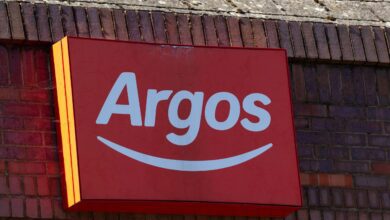Businesses rates to better reflect property value under new law

Register to get 1 free article
Reveal the article below by registering for our email newsletter.
Want unlimited access? View Plans
Already have an account? Sign in
Business rates payers in England will have bills that more accurately reflect current property values under new legislation introduced by ministers yesterday (12 June 2019).
Property revaluations will increase to every three years, from the current five years, and the next revaluation will be brought forward a year from 2022 to 2021.
A property’s business rates bill is based on a precise estimate of the premise’s rental value.
Business rates revaluations help ensure this estimate accurately reflects the market value of the property and maintain fairness by redistributing the total amount payable across the country.
This aims to deliver on promises made by the chancellor at the Autumn Budget in 2017 and the Spring Statement in 2018.
Local government minister, Rishi Sunak MP, said: “We’ve listened to businesses asking for more frequent revaluations and are now acting so their bills will more accurately reflect current property values. By bringing forward the next revaluation to 2021, we are making sure businesses can benefit from the change as soon as possible.”
A property’s business rates bill is determined by its rateable value, which is its estimated open market rental value on a set date. This is assessed by the Valuation Office Agency in England, independently of the government.
Revaluation is the review of the rateable values of all business and other non-domestic property in England at a particular point in time.
The Autumn Budget 2018 saw business rates relief cut small retailers’ bills by a third, part of over £13bn of business rates support from the government since 2016.
In response to recommendations from an independent panel, led by Sir John Timpson, the government has recently launched a £675m Future High Streets Fund to help improve infrastructure and access to high streets, put historic buildings back to use and make town centres fit for the future.
The government completed a review of business rates in 2016, and respondents agreed that property-based taxes were “stable, easy to collect, and difficult to avoid”. While alternative taxes were proposed, there was no consensus on these, and respondents were clear that such alternatives were not without issues. The government has therefore maintained business rates as a property tax.
The UK is also separately introducing a UK Digital Services Tax. This will be a narrowly-targeted tax on the UK-generated revenues of specific digital platform business models to ensure that they pay their fair share towards supporting our public services. This will not be an online-sales tax on goods ordered over the internet.







